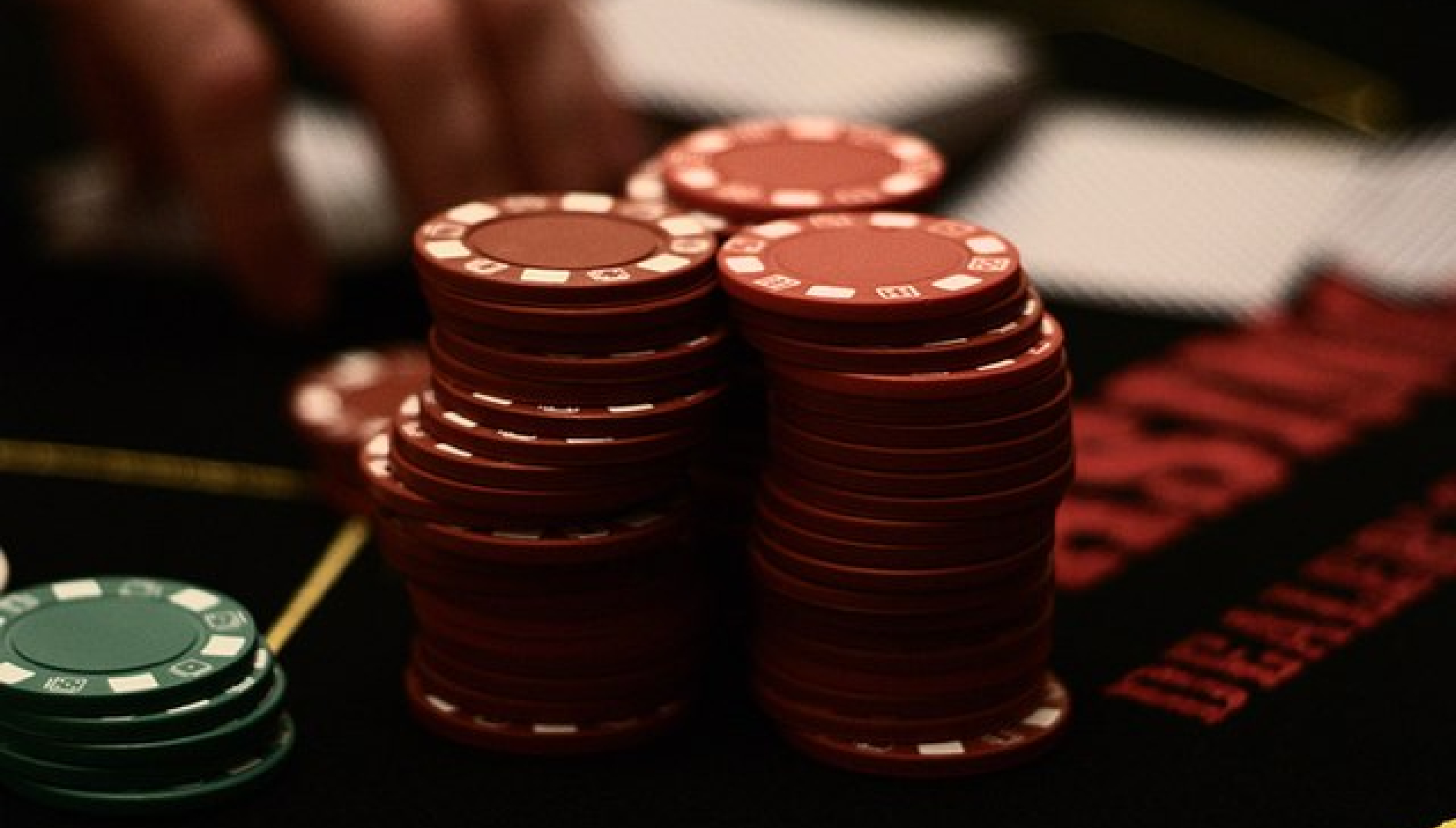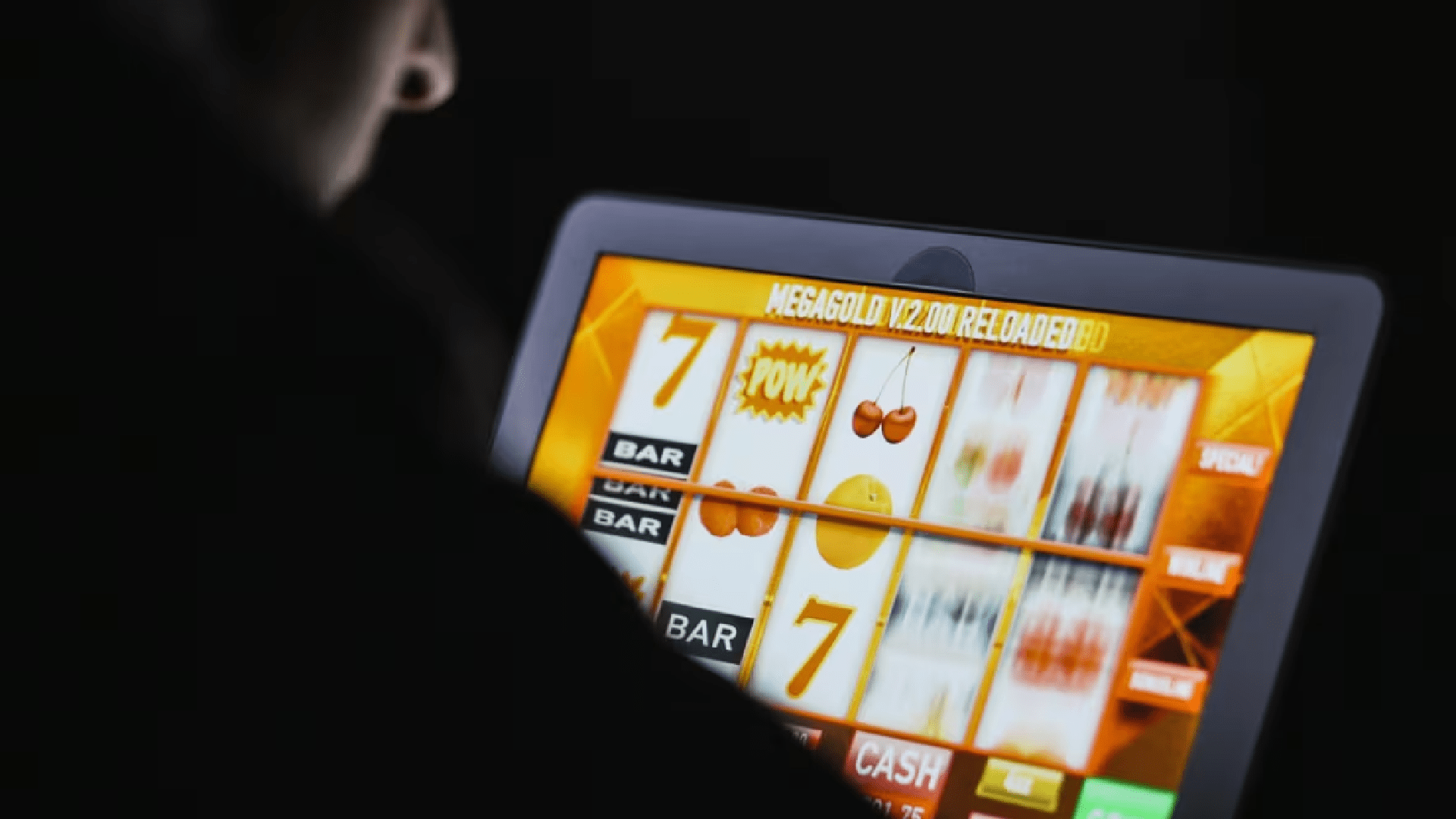
Despite being a massive global industry, gambling is well-established in Spain's entertainment market. A recent study found that more than 80% of adults gamble for pleasure on a regular or occasional basis. According to the 2023 edition of the Game and Society survey, 22.9 million people, or 83.9% of the Spanish population between the ages of 18 and 75, reported gambling in the previous year. The study is the result of annual research projects that the Gaming Business Council and the Murcia Recreational Federation carried out.
The vast majority of users see the activity as a standard part of their leisure time, according to the study. Simultaneously, the range of gambling options is very diverse.
Poker is a Recreational Game
Apart from playing different lotteries, which 66% of the population does, 17.9% of Spaniards go to gaming venues like sportsbooks, bingo halls, and casinos. This section acknowledged that the value of gambling comes from the enjoyment it provides.
The knowledge that losses are an inevitable trade-off for the entertainment value is possessed by 61% of users. It is equivalent to them paying to watch a live soccer match at a stadium or theater.
When someone wagers money on a slot machine at the bar, they usually don't do it to try to make up for lost money. Instead, they see the loss as a monetary exchange for a memorable experience.
Furthermore, 15% to 20% of Spaniards were found to be reluctant gamblers by the survey. These are the people who hate the game for a number of reasons, such as their political or religious convictions and the potential for rejection in the event that they come in last. It's interesting to note that a significant fraction of this cohort are adults under 25, which goes against the widespread belief that gamblers are primarily young people.
COVID-19 made things worse, forcing casinos to close for a while and demonstrating unequivocally that gambling will decline in Spain in 2020. That year, 80.9% of Spaniards played video games in some capacity, which was similar to 80.3% in 2013. After that, the percentages have gradually increased to their pre-pandemic levels, with 82.4% in 2021.
Problems with Gambling Are Not an Issue
Relevant research on problem gambling yielded significant results. It seems that fewer than 8,000 individuals in Spain appear to have a gaming disorder, according to data from those receiving treatment.
The population seeking treatment is equivalent to 0.02% of the population between the ages of 18 and 75, according to data from various community health services. This number is below the cutoff point that defines a disease as rare.
This suggests that gambling and Spain have a normal relationship. However, this does not negate the need for initiatives that promote responsible gaming.
What is required are an assessment and recommendations that deal with pertinent issues. A recent study of 116 patients from Spanish clinics found that 97.4% of cases of gambling disorder were associated with other mental disorders.
Worldwide and in Western Europe, the estimated rates of potentially problematic gambling are falling, according to national surveys. Nearly all Western European countries are below 0.5%, and the majority are below 0.3 percent. When compared to the Netherlands, Portugal, Germany, Denmark, Great Britain, and France, Spain's 0.5% is quite favorable.





